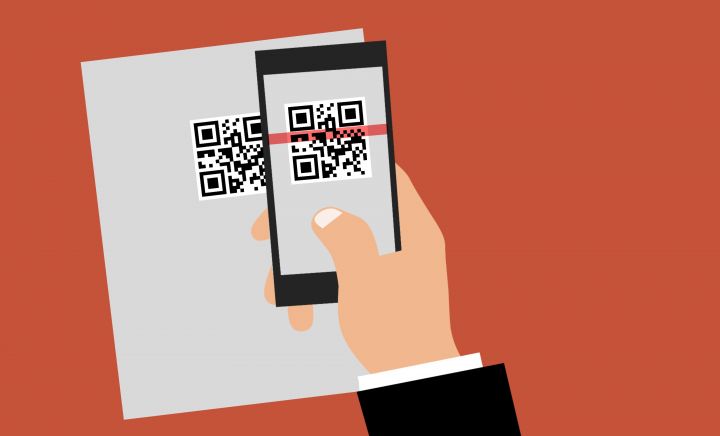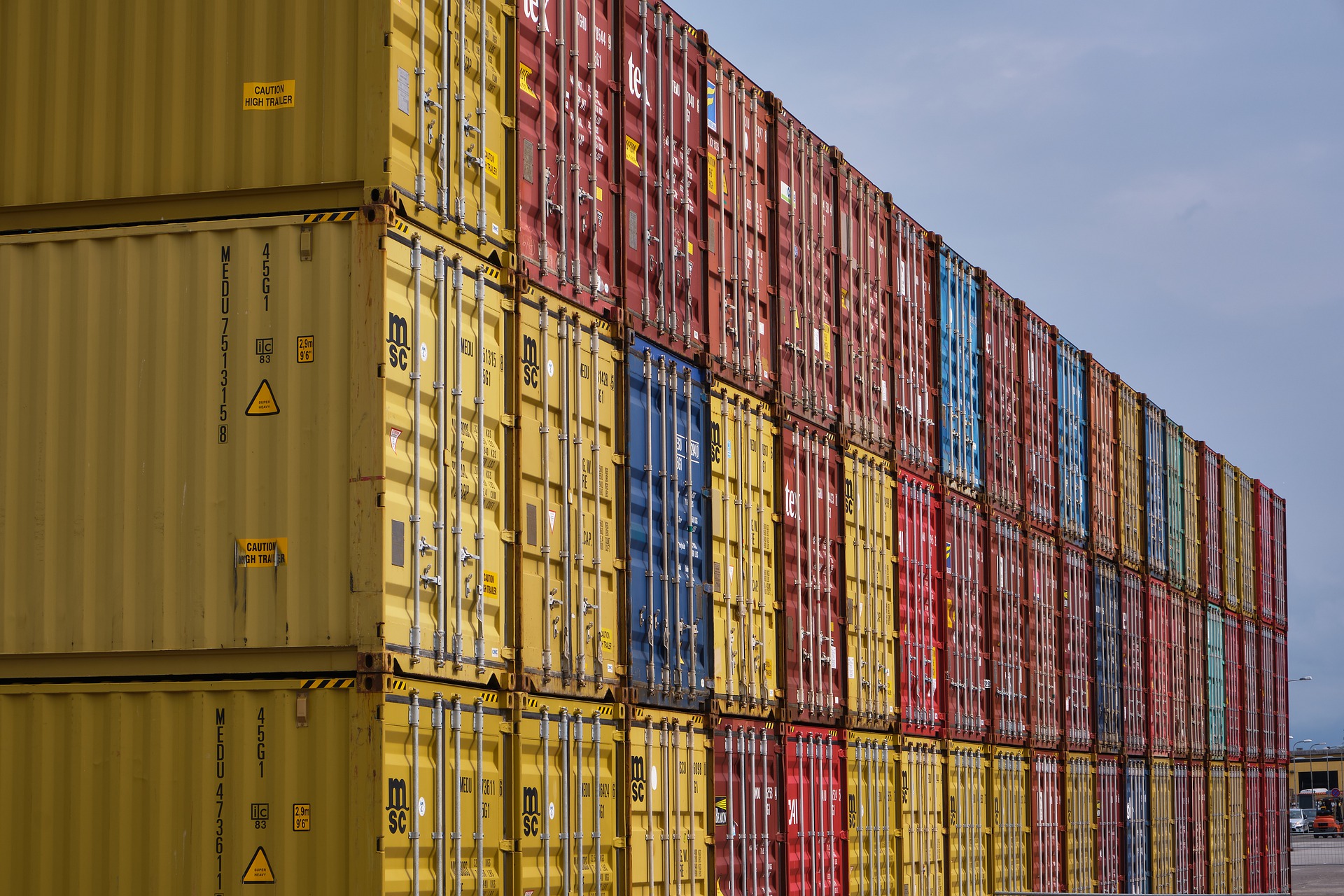
The national identification system "Chestny ZNAK" (Честный знак - Honest SIGN) aims to abolish counterfeit, contraband and sanctioned goods. The distribution of substandard and counterfeit products is a major problem for both consumers and manufacturers. This is not only associated with financial losses, but also affects the manufacturer's reputation. In addition, it can cause moral and in some cases even physical harm to the consumer. The analysis by the Ministry of Industry and Trade confirms that more than 6 million units of counterfeit products have been identified on the Russian market since 2018.
It is difficult to track the movement and implementation of counterfeit, contraband and sanctioned goods without a special system. Thanks to the project "Chestny ZNAK", measures are planned to reduce the amount of counterfeit products produced and to bring dealers of such products to justice. Certain groups of goods have been subject to labeling since 2019: clothing (including fur and leather), shoes, perfumery, tobacco products, medicines, cameras, car tires, and recently bicycles, wheelchairs and dairy products were also added. It is impossible to import such products into the EAEU territory, to carry out the conformity assessment procedures (e.g. in form of EAC Certification, EAC Declaration or state registration) and to sell them without such labeling. This article is about what the goods labeling system "Chestny ZNAK" is, what advantages it has, how goods must be labeled, etc.
Goods labeling system "Chestny ZNAK" and its tasks
The product labeling system "Chestny ZNAK" is a national system for digital labeling and product traceability. In Russia, the share of illegal trade in goods of light industry is 35%, perfumes - 20%, medicines - 10%, cigarettes - almost 8%. The main tasks of the product labeling system "Chestny ZNAK" are to ensure the authenticity of products purchased by consumers, to confirm the high quality of such products and to combat counterfeit goods. In addition, due to the labeling of the goods and the ability to trace the entire route of the goods, the likelihood of goods being reintroduced into the market and the occurrence of goods with an expired shelf life become low.
Companies are also interested in such labeling. This protects them from loss of reputation due to customer complaints about inferior counterfeits. In addition, the control label enables each product to be traced back from the manufacturer to the buyer. This will help to make business processes more transparent and to identify debtors and transgressors.
In order for the system for product labeling to work as efficiently as possible, the responsible ministries and authorities have decided to introduce labeling gradually.
Laws and guidelines
The document approved by the President of the Russian Federation regulates when and how goods should be labeled. Legislation determines the procedure for labeling goods through the Federal Law of December 31, 2017 No. 487-FZ. All essential aspects are clearly formulated in it, as well as the fact that goods with violations of the digital labeling obligation may not be placed on the market.
Products subject to labeling
According to the regulation of the Government of the Russian Federation, the following product groups are subject to labeling:
- Shoes and medication - from July 1, 2020
- Perfume and eau de toilette, cameras and flash lamps - from October 1st, 2020
- Tires and tire covers - from November 1, 2020
- Light industry goods - from January 1, 2021
- Ice cream and cheese - from June 1, 2021
- Dairy products - from December 1, 2021
- Bicycles and bicycle frames - from September 1, 2021
- Packaged water ("Mineral Water" category) - from December 1, 2021
The following product groups are currently under development: food supplements, beer and low-alcohol beverages, disinfectants, wheelchairs. It is planned to label all types of goods sold in Russia by 2024.
What does the marking "Chestny ZNAK" look like?

Identification is a two-dimensional barcode that is applied to packaging either on the product itself or on the product label. Identification means must be attached using a method that does not allow separation from the goods. The DataMatrix identification code is used for the national identification "Chestny ZNAK".
The DataMatrix identification code is one of the coding types and is applied to goods, packaging and documentation using special devices. This label looks similar to the already familiar QR code.
The identification contains a marking code consisting of 4 data groups (DataMatrix marking codes). The first and second groups form an identification code, the third and fourth groups form a check code. For each individual product group the number of characters in the identification code is determined individually, as well as information that is "hard-coded" in this code.
For shoes, the DataMatrix identification code contains the following data groups, for example:
- The first group consists of 14 digits. This is the product code (GTIN - Global Trade Item Number)
- The second group consists of 13 characters. This is the individual serial number of each individual product
- The third group consists of 4 characters - the verification key (generated by the operator)
- The fourth group consists of 88 characters - the verification code (generated by the operator)
How are goods marked in the national marking system "Chestny ZNAK"?
This process basically consists of 5 main steps:
- To obtain a qualified electronic signature.
- To become a member of the national GS1 association. GS1 is a network of international non-profit organizations that is responsible for the standardization of bookkeeping and barcodes of logistics units.
- To obtain the GTIN (Global Trade Item Number) for goods from the GS1 Association.
- To register in the national identification system "Chestny ZNAK" and to get access to your personal account.
- To create an order to receive codes. The GTIN and the number of codes must be specified for this. Each unit of the product must be labeled.
Steps after registration in the system for marking "Chestny ZNAK"
After registering in the identification system "Chestny ZNAK" and receiving the codes, the next steps are as follows:
- The manufacturer / importer receives the data matrix code for the product
- The manufacturer / importer applies the data matrix code to the product
- During transport, the entire route of the goods is recorded in the marking system "Chestny ZNAK"
- After the product has been delivered, the code is scanned and placed on the shelf
- When selling at the checkout, the code is scanned and the product is withdrawn from circulation
- The consumer can check the product with the application "Chestny ZNAK" by scanning the code
Code scanning of large batches
A distributor does not have to scan every package of goods for large batches. There is a so-called aggregation code designed for this. This is a common code for a consignment of goods that contains the individual codes of all individual goods. The transmission of aggregation codes as well as individual individual codes is permitted.
Penalties for violation of labeling requirements
The procedure for applying digital coding to products is regulated by Federal Law FZ-487. A violation entails administrative and criminal liability.
The penalty depends directly on the amount of products sold. For small parties, the fine for individuals is from 2,000 to 4,000 rubles, for civil servants from 5,000 to 10,000 rubles, for companies from 50,000 to 300,000 rubles.
Selling unmarked goods worth 1.5 million rubles or more is punishable by either forced labor or imprisonment for up to three years. All unmarked goods are also subject to seizure.
Schmidt & Schmidt and "Chestny ZNAK"
We, the team of Schmidt & Schmidt, accompany our customers throughout the entire process of EAC certification, EAC declaration or state registration. Since marking in the system "Chestnij ZNAK" is becoming mandatory for more goods, we offer all kinds of support and assistance in registering in the "Chestnij ZNAK" system, obtaining the necessary codes and marking goods. We guarantee a quick and timely provision of information as well as assistance with every concern.







